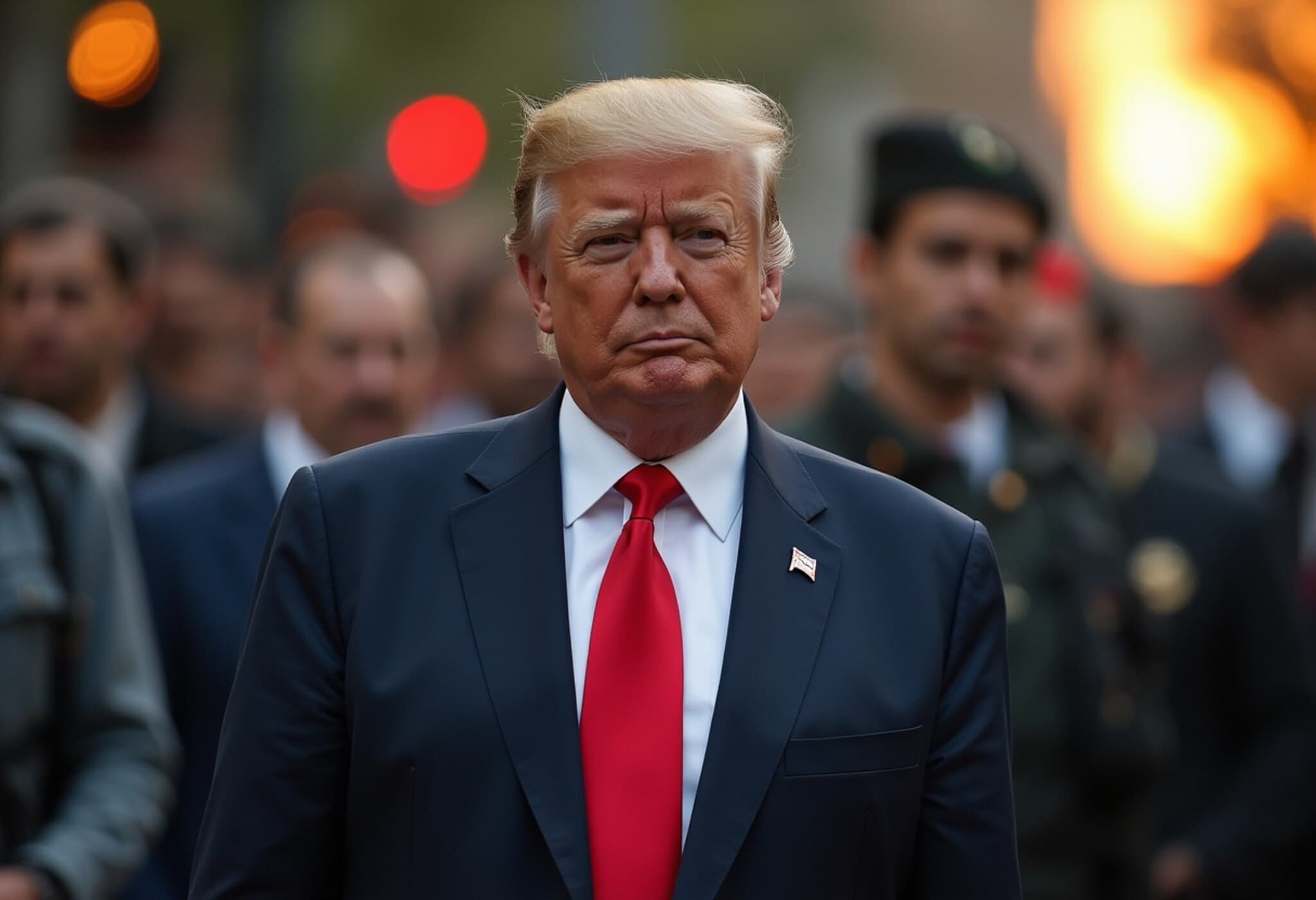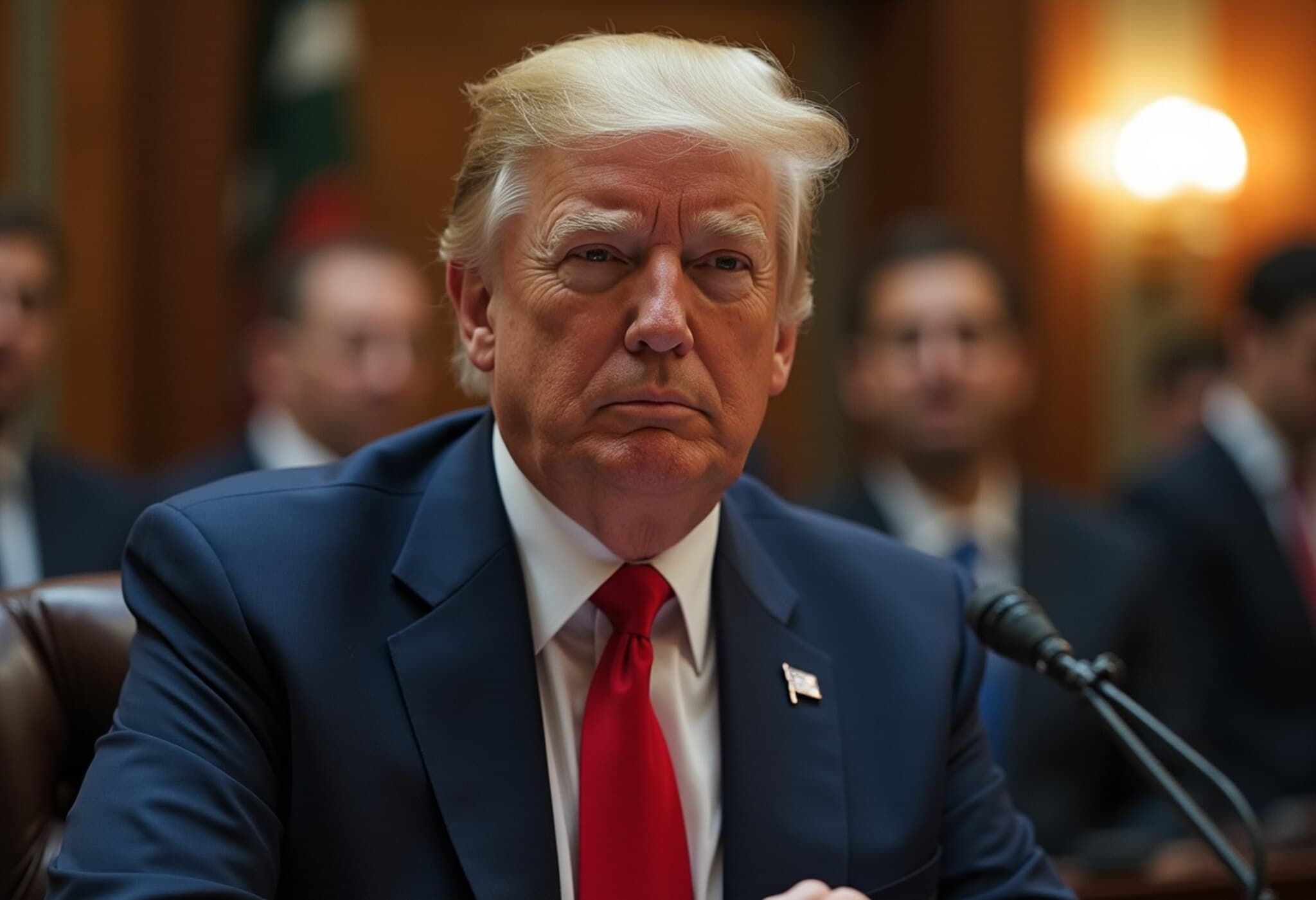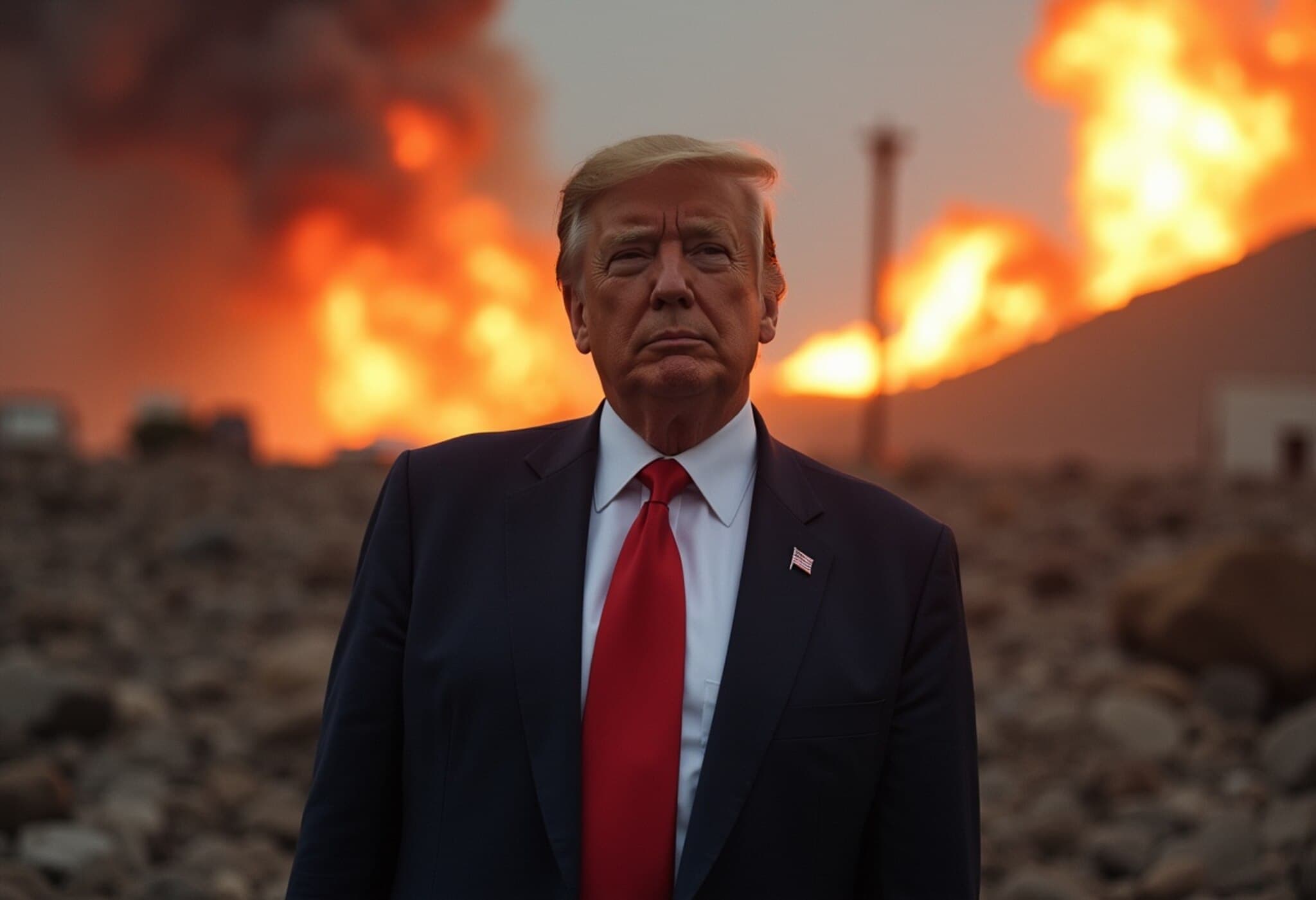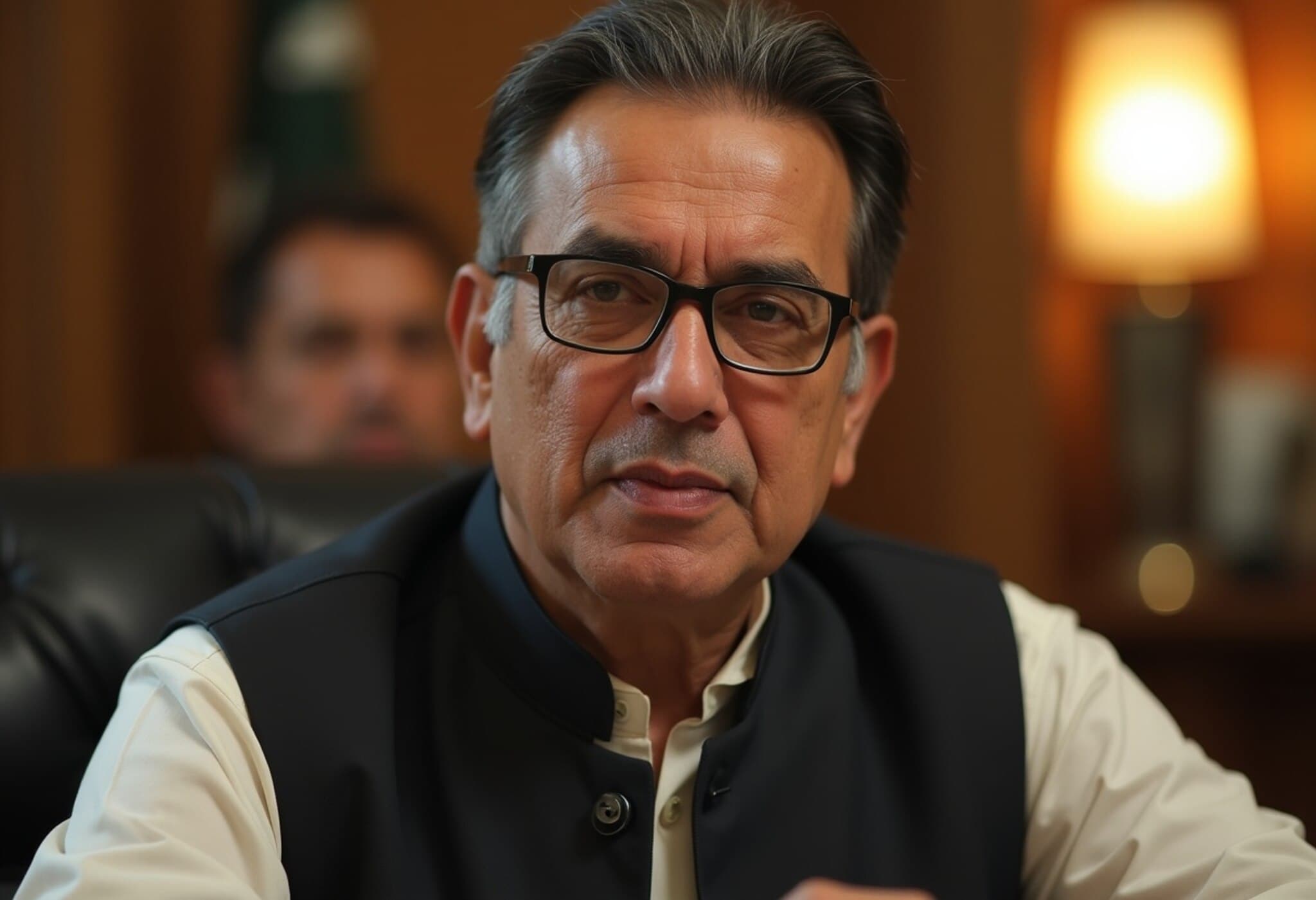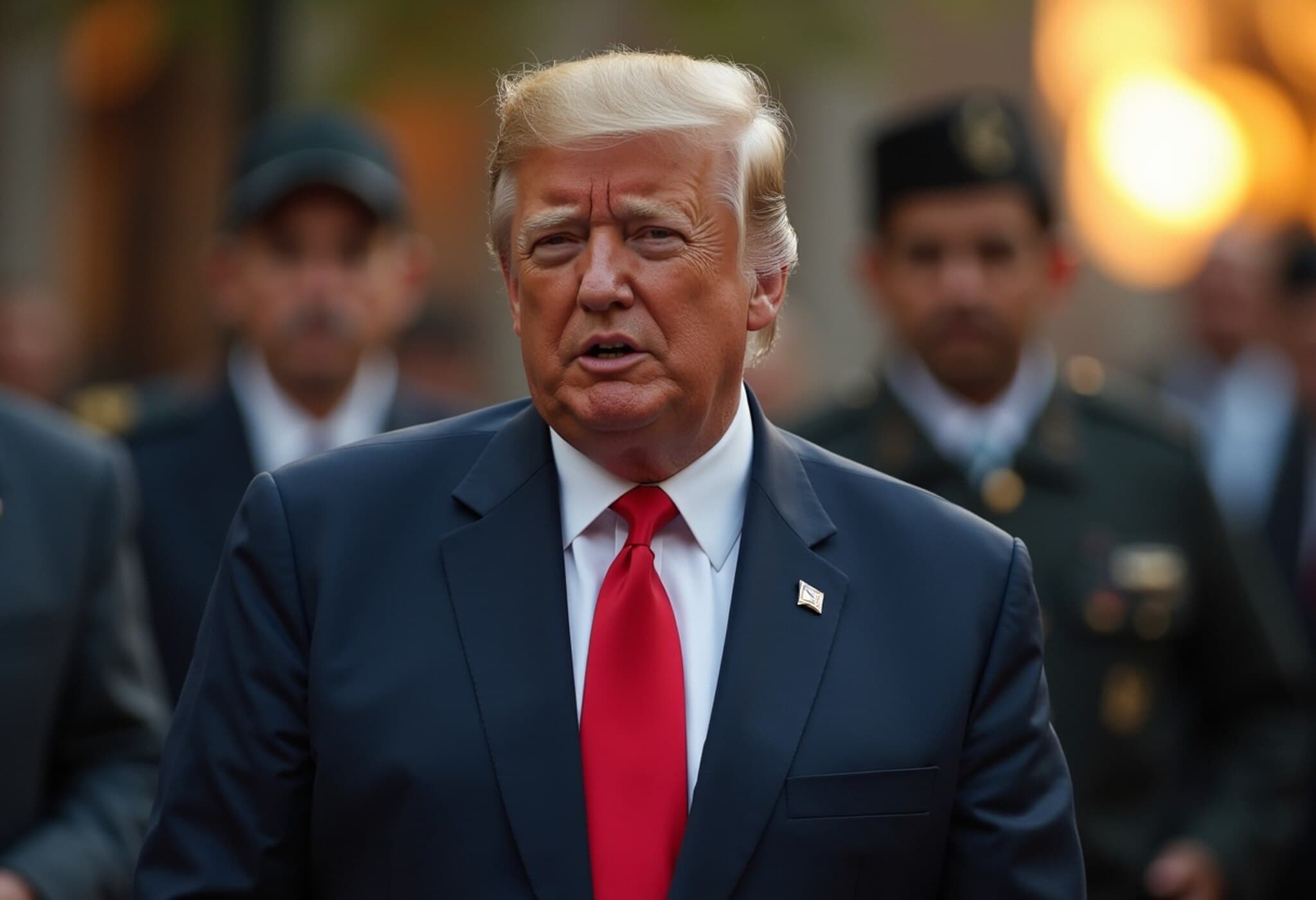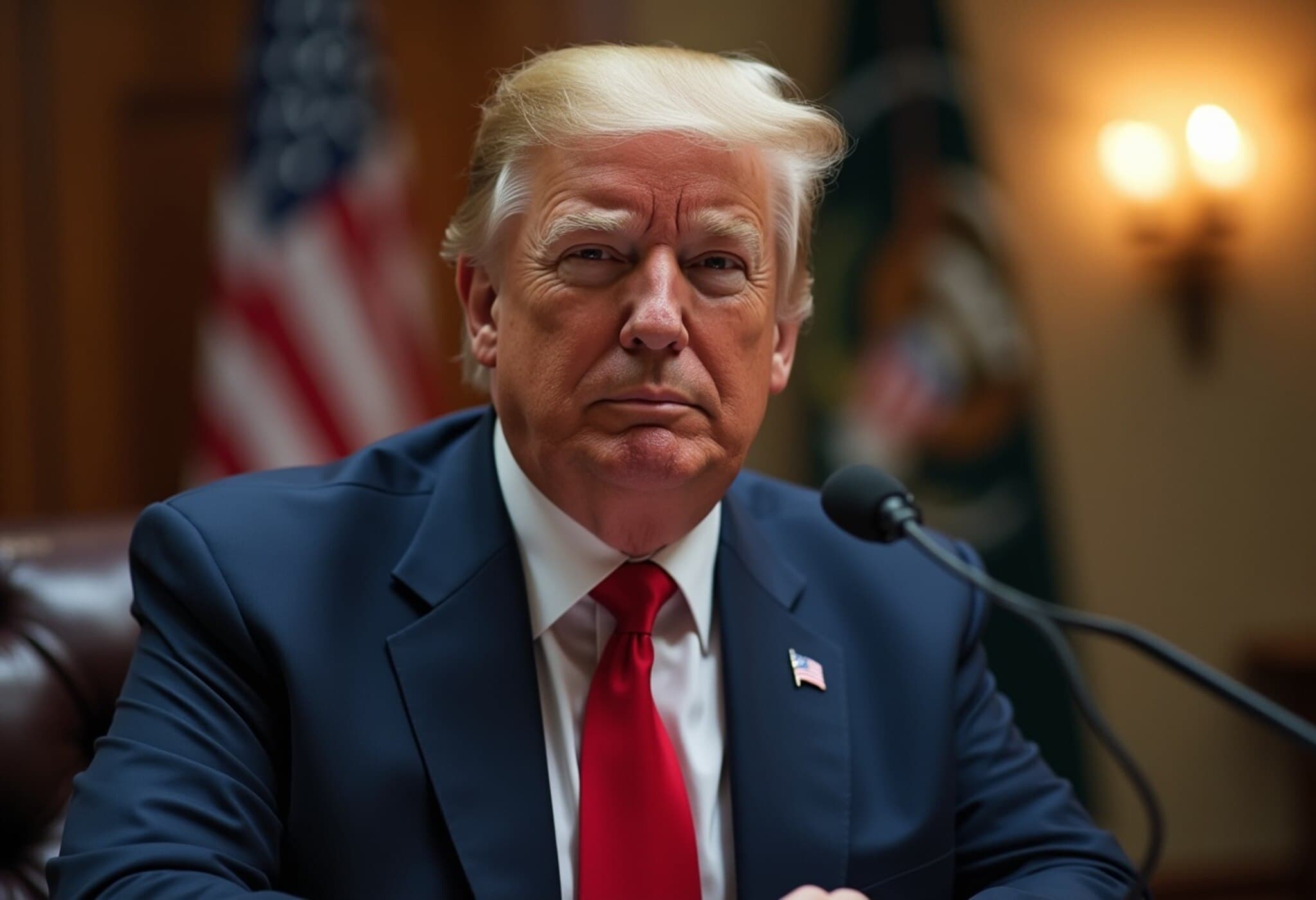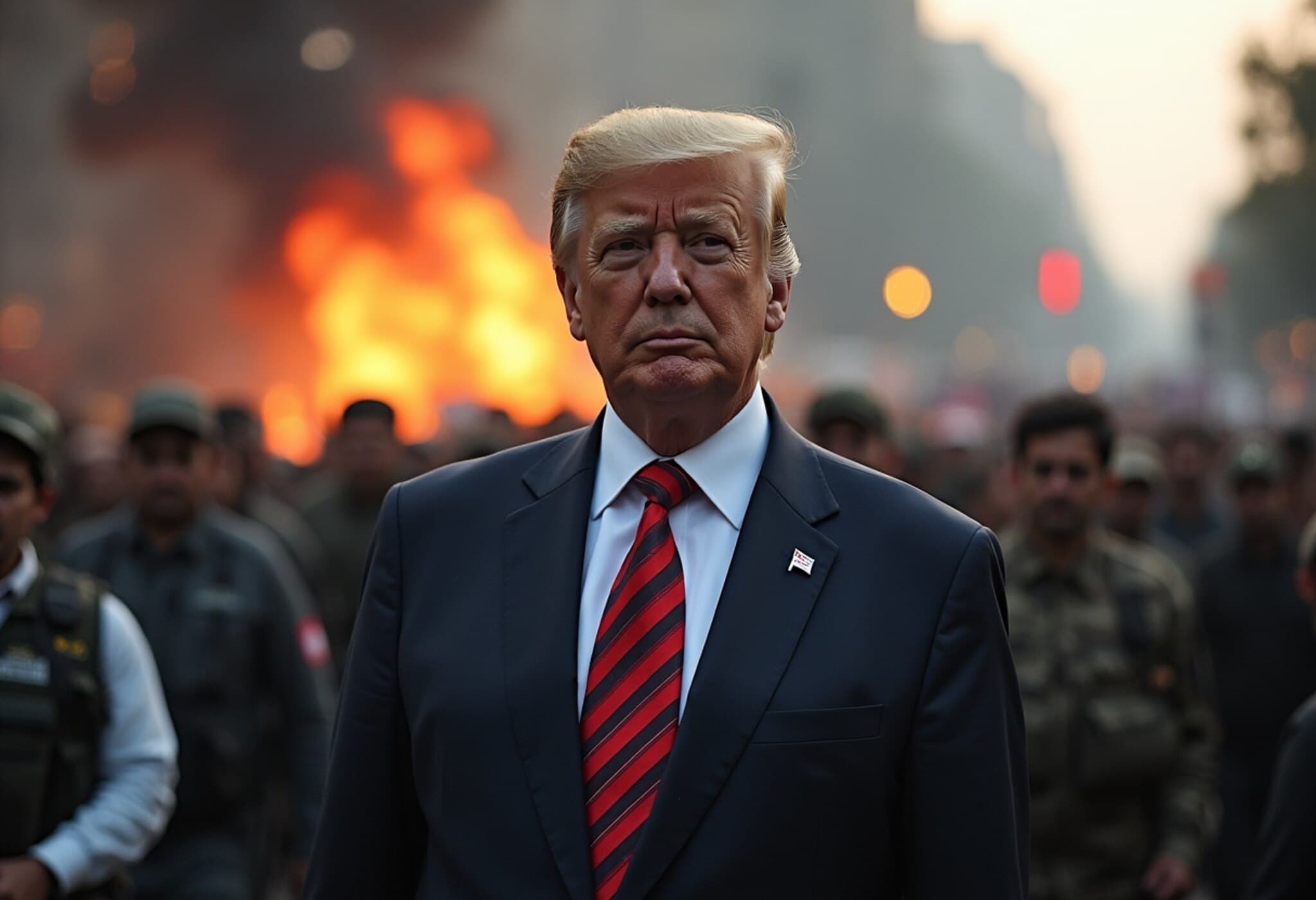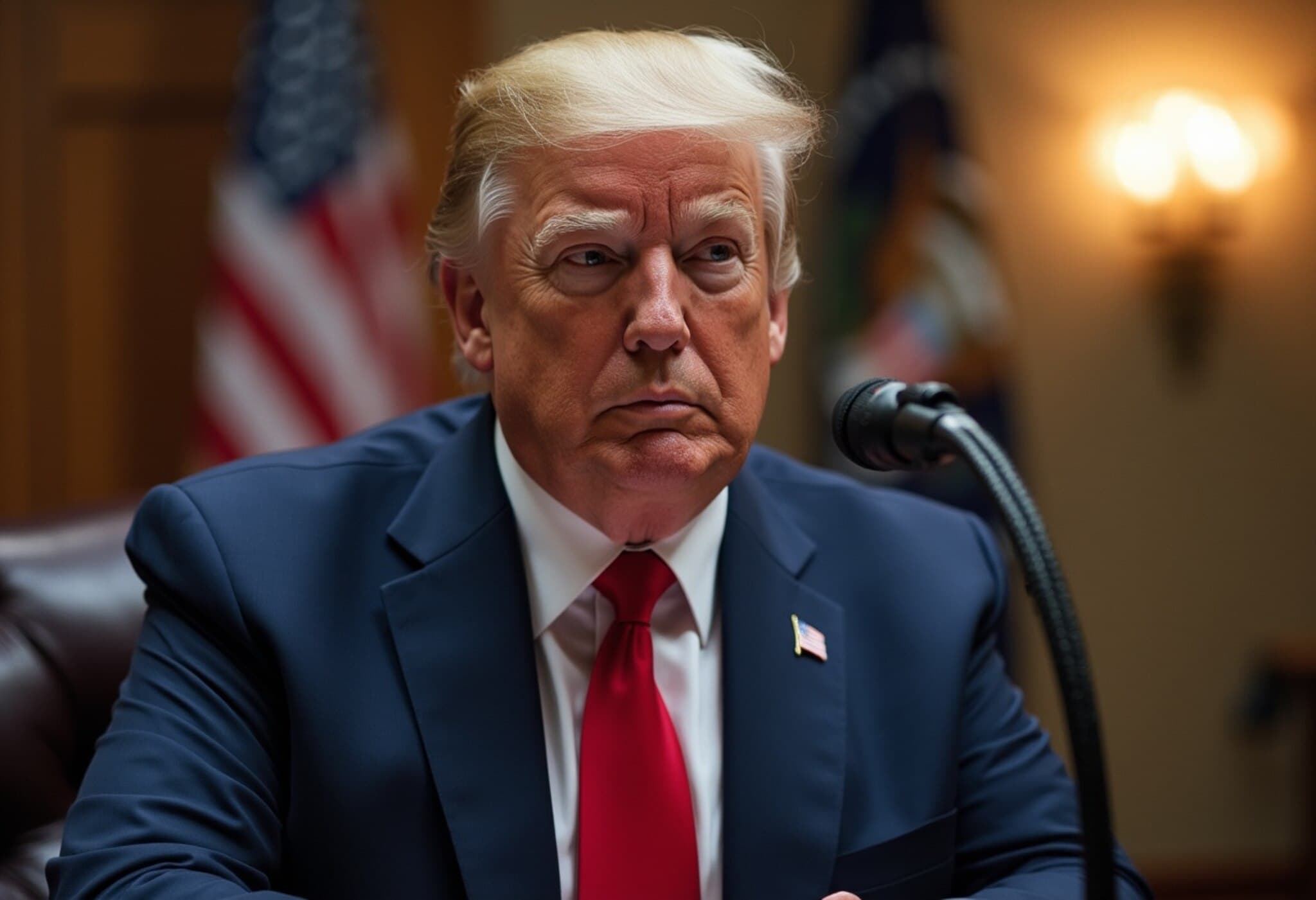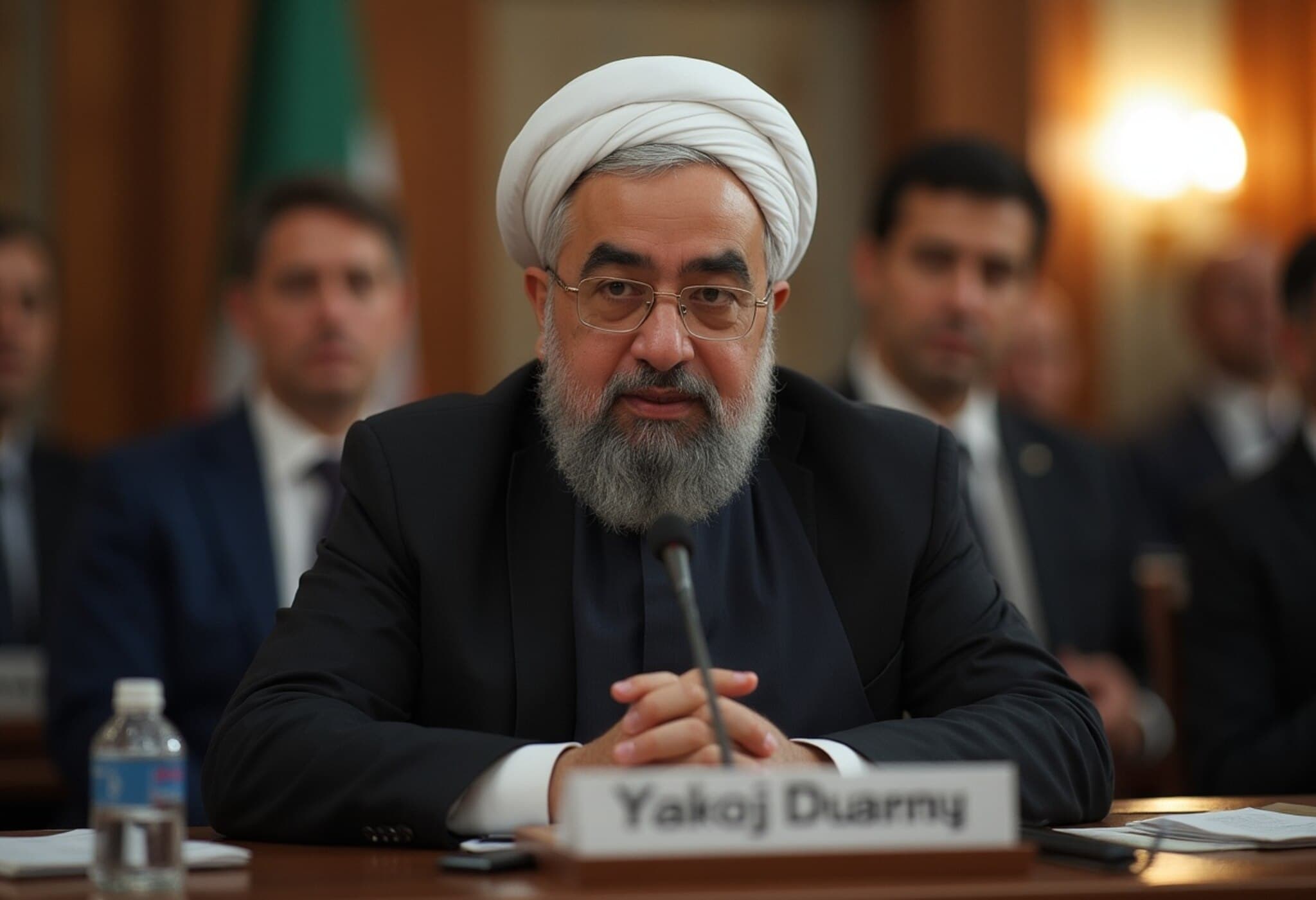Pakistan’s Controversial Nomination Amid Rising US-Iran Tensions
Just days after Pakistan officially recommended former President Donald Trump for the 2026 Nobel Peace Prize, the United States escalated its military involvement in Iran by bombing three critical Iranian nuclear sites. This move, alongside Israeli forces, has intensified the ongoing conflict with Tehran, prompting significant backlash from Pakistani political leaders and public figures.
Nomination Based on Diplomatic Efforts During India-Pakistan Crisis
The nomination, endorsed in a letter signed by Pakistan's Deputy Prime Minister and Foreign Minister Ishaq Dar, was justified as recognition of Trump’s decisive diplomacy and leadership during a recent India-Pakistan crisis. However, the timing of the US strikes on Iran’s Fordo, Isfahan, and Natanz nuclear facilities has cast doubt on the credibility of this nomination.
Pakistani Leaders Demand Withdrawal of Nomination
Criticism Over Trump’s Peace Credentials
Maulana Fazlur Rehman, leader of the Jamiat Ulema-i-Islam (JUI-F), has urged the government to revoke its recommendation, sharply questioning how Trump could be considered a champion of peace after supporting military actions against Palestine, Syria, Lebanon, and Iran. Speaking at a party gathering in Murree, he criticized recent high-level meetings between Trump and Pakistan’s military leadership, labeling the nomination as a product of misplaced enthusiasm among Pakistani rulers.
Accusations of War-Mongering from Former Senator
Mushahid Hussain, a former senator, took to social media to denounce Trump as a leader responsible for instigating an illegal war. He argued that Trump’s actions—swayed by Israeli political influence—marked a severe misstep in his presidency, likely to accelerate the decline of American global standing. Hussain condemned the US strikes on Iran, calling for Pakistan to review and rescind the Nobel Peace Prize nomination.
Opposition Voices Reconsideration in Light of US Attacks
Members of Pakistan’s opposition party Pakistan Tehreek-e-Insaf (PTI) expressed similar frustrations. Lawmaker Ali Muhammad Khan succinctly demanded a reassessment of the nomination, citing continuous US support for Israeli military operations in Gaza alongside aggression against Iran. PTI’s political think-tank head, Raoof Hasan, described the nomination as deeply embarrassing and indicative of a troubling sycophancy within Pakistan’s ruling elite, emphasizing that international legitimacy cannot simply be bought or bestowed.
Wider Public Figures Join the Criticism
Additional voices, including former senator Afrasiab Khattak and Jamaat-i-Islami chief Naeemur Rehman, condemned the nomination as damaging to Pakistan’s diplomatic norms and national dignity. Meanwhile, former ambassador Maleeha Lodhi called the decision “unfortunate” and unrepresentative of public sentiment, while author and activist Fatima Bhutto questioned if Pakistan would reconsider its endorsement altogether.
The Road Ahead for Pakistan’s Nobel Peace Prize Nomination
The controversy surrounding Pakistan’s nomination of Donald Trump for the Nobel Peace Prize reflects deeper tensions about the nation’s foreign policy direction amid growing regional instability. As US-Iran conflicts intensify, the legitimacy of awarding a peace prize to a figure associated with recent military escalations faces mounting skepticism both within Pakistan and internationally.
© 2025 All rights reserved.

